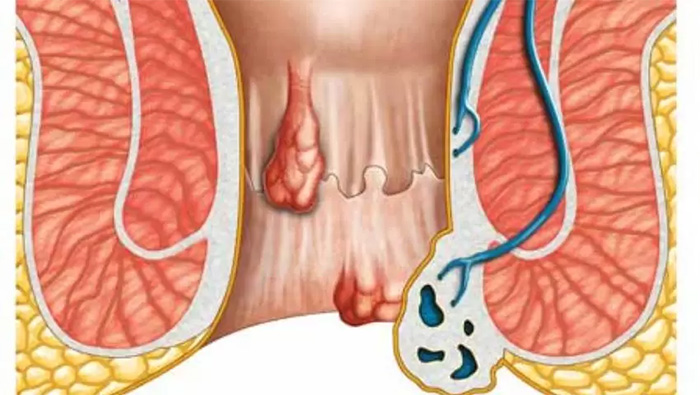
Overview
Fistula surgery involves repairing an abnormal connection between two body parts, such as organs or blood vessels. These connections can result from injury, infection, inflammation, or surgical complications. Surgery aims to close the fistula, restore normal function, and prevent recurrent infections or other complications. Procedures may involve draining, suturing, or using grafts to repair tissue. Minimally invasive options, such as laser surgery, may be available depending on the fistula’s location and complexity. Recovery varies based on the patient’s health, the type of fistula, and the procedure performed.
Conditions
- Anal fistula
- Rectovaginal fistula
- Colovesical fistula
- Gastrointestinal fistula
- Enterocutaneous fistula
- Urinary fistula
- Crohn’s disease fistula
- Arteriovenous fistula
- Bronchopleural fistula
- Obstetric fistula
Benefits
- Reduced risk of infection
- Improved quality of life
- Pain relief
- Restoration of normal function
- Prevention of further complications
- Shorter recovery times with minimally invasive methods
- Enhanced wound healing
- Improved bowel or urinary function
- Lower recurrence rates
- Effective closure of the fistula
Risk Factors
- Infection at the surgical site
- Bleeding complications
- Recurrence of the fistula
- Delayed wound healing
- Adverse reactions to anesthesia
Please visit the following link to get more information
https://www.drravilandge.com/best-diabetic-foot-surgeon-in-ghatkopar.php

